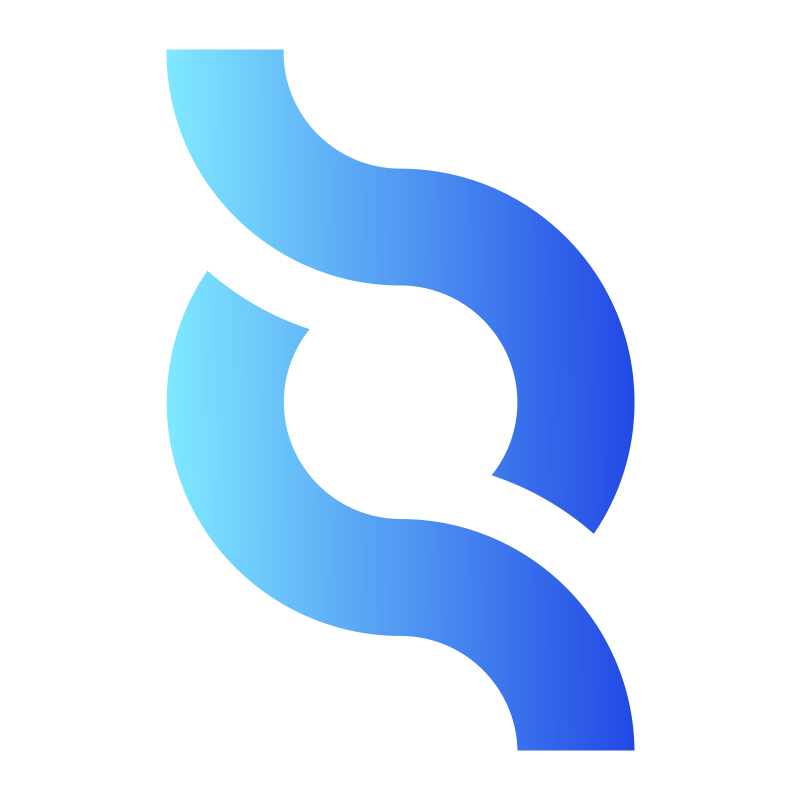LEXIDMA: Lexicographic Infrastructure Data Model and API
Already a member?
Access the LEXIDMA community workspace here.
Developing an open standards based framework for internationally interoperable lexicographic work.
The LEXIDMA TC is creating an open standards based framework for internationally interoperable lexicographic work. The TC is developing a modular and easy to adopt data model that will be attractive for all lexicographic industry actors across companies and academia as well as geographic locations. Adoption of that model will facilitate exchange of lexicographic and linguistic corpus data globally and also enable effective exchange with adjacent industries such as language services, terminology management, or technical writing.
The TC describes and defines standard serialization independent interchange objects based predominantly on best practices in the lexicographic industry. Its scope includes specifying serializations, transaction models, standard interfaces, and web services that support these object models. The goal is to develop a robust lexicographic infrastructure that integrates with broader standards used in Natural Language Processing (NLP), language services, and the Semantic Web.

Contacts:
TC Chair:
Michal Měchura, Faculty of Informatics, Masaryk University
Staff Contact:
Kelly Cullinane
TC Members
-Emerson Process Management
-Faculty of Informatics, Masaryk University
-Josef Stefan Institute
-Lexical Computing CZ s.r.o.
-National University of Ireland Galway

“We’re incredibly proud of what we’ve achieved with DMLex v1.0. This is a lifechanging milestone for lexicography, paving the way for a new level of digitisation and for truly innovative applications. By providing a common framework for structuring and exchanging lexicographic resources, DMLex empowers language documentors around the world to manage their content more effectively, to collaborate and to build smarter language technologies.”
Michal Měchura, Chair, OASIS LEXIDMA TC
Frequently Asked Questions
The TC is creating an open standards based framework for internationally interoperable lexicographic work. This TC is describing and defining standard serialization independent interchange objects based predominantly on state of the art in the lexicographic industry. Defining specific serializations, transaction models, standard interfaces, and web services based on the defined objects and object models is also in scope as far as it facilitates the high level purpose set out here. This TC aims to develop the lexicographic infrastructure as part of a broader ecosystem of standards employed in Natural Language Processing (NLP), language services, and Semantic Web.
An open standards-based framework is needed to facilitate global collaboration, improve data interoperability, support emerging technologies, and promote efficiency within the lexicographic industry and related fields. By establishing a shared, modular infrastructure, LEXIDMA enables the creation of a global, connected lexicographic ecosystem that transcends geographic and linguistic barriers.
The key business benefit LEXIDMA deliverables aim for is to provide a simple, modular, and easy to adopt data model that will be attractive for all lexicographic industry actors across companies and academia as well as geographic locations. Adoption of that model will facilitate exchange of lexicographic and linguistic corpus data globally and also enable effective exchange with adjacent industries such as language services, terminology management, or technical writing.
Semantic interoperability of lexicographic data should help the global lexicographic industry to surpass its current model of creating and curating lexicographic deliverables (such as prominently multi- and monolingual dictionaries) and corpora in linguistically a geographically demarcated silos and create a truly global market for lexicographic data exchange across and among languages and locales.
The LEXIDMA TC invites a diverse range of participants involved in lexicographic and linguistic data management. This includes lexicographers, terminologists, multilingual content creators, and software architects who are responsible for developing and using lexicographic resources. It also extends to NLP service architects, content publishers, and developers of lexicographic management software. Additionally, translation service providers and technical communicators who rely on lexicographic tools for multilingual content creation and translation are encouraged to participate. Through their involvement, these stakeholders will contribute to creating an interoperable, open standards-based framework that will benefit the global lexicographic community, ensuring broad adoption and effective data exchange across industries and languages.
OASIS welcomes interested organizations to join and contribute to the development of an open standards based framework for internationally interoperable lexicographic work. Organizations can participate by becoming OASIS members.
Participation in the LEXIDMA TC does not require a significant time commitment. Members typically meet once a month for an hour and collaborate extensively via email and shared documents. If your availability is limited and you prefer not to affect quorum, you have the option to join as an Observer. Observers can stay informed and contribute without the obligation of full participation, though OASIS membership is still required. View more info on committee participation [here].
The LEXIDMA TC’s mailing list archive, used by members to conduct Committee work, is available here. TC membership is required to post to this list. TC members are automatically subscribed.

New Members Welcome
Whether you want to actively contribute in decision-making or just observe progress from the inside, you will need to be an OASIS member.
If your employer is already on our current member list, submit this request form to be added to the TC Roster. If not, find out how to join OASIS.
Non-members may monitor the mailing list archives online, view approved documents, and provide feedback to our comments list. Contact Us for more information.


